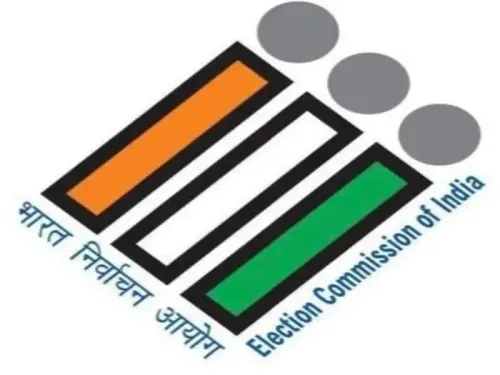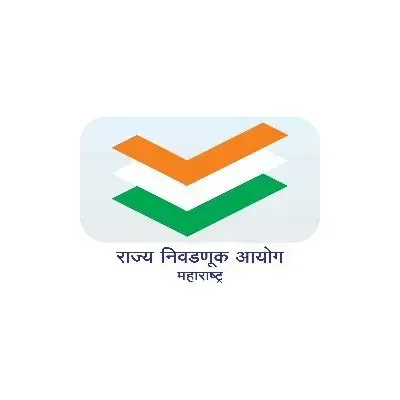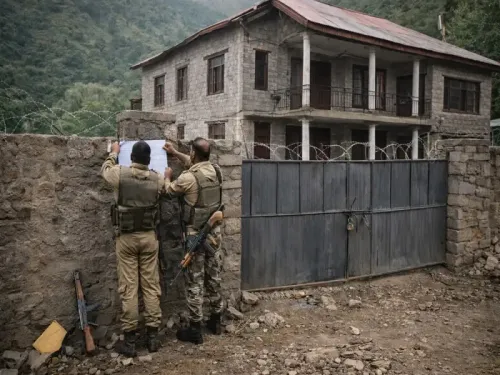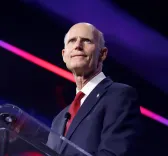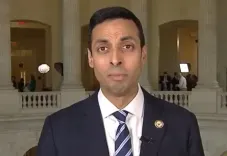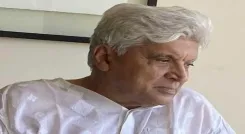How is Madhya Pradesh Transforming its Agriculture Sector with a Global Agri Meet?
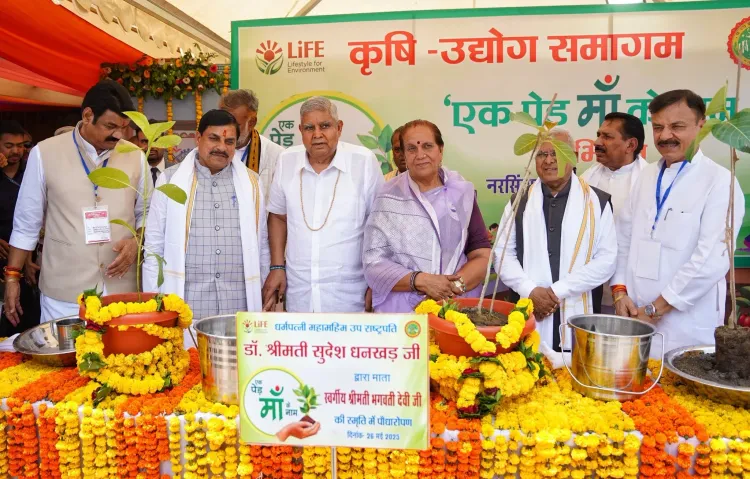
Synopsis
Key Takeaways
- Madhya Pradesh's agriculture sector transformation through industry collaboration.
- Global agriculture summit scheduled for October 12-14.
- Investment proposals of Rs 30 lakh crore expected to create jobs.
- Support for farmers with solar pumps and subsidized electricity.
- Agro-industry conclave to foster innovation and growth.
Narsinghpur, May 26 (NationPress) The Chief Minister of Madhya Pradesh, Mohan Yadav, highlighted on Monday that as India rises to become the world's fourth-largest economy, the state is poised to revolutionize its agriculture sector by promoting closer ties between industry and agro-processors.
Speaking at a large agro-industry conclave in Narsinghpur, he revealed that such conclaves will persist until the goal is fully realized. A significant agriculture summit is scheduled to take place in Sehore, located 40 kilometers west of Bhopal, from October 12 to 14 this year.
Yadav underscored the various initiatives his government has launched to support farmers. The three-day Krishi Udyog Samagam (Agro-Industry Conclave) aims to fortify the alliance between industry and agriculture.
The Chief Minister noted that the current per capita income stands at Rs 1.52 lakh and anticipates further growth through enhancements in the agriculture sector. He mentioned that the state has attracted investment proposals totaling Rs 30 lakh crore, which are projected to create 22 lakh jobs, although additional investment in the agriculture sector is essential.
While discussing the schemes for farmers, Yadav announced that 32 lakh farmers will receive various categories of solar pumps to enhance their living conditions. He emphasized that Madhya Pradesh is the only state offering a permanent power connection for a 5 HP irrigation pump at a mere Rs 5 – a token price.
Yadav also highlighted initiatives like providing electricity at Rs five per unit for farmers and a solar pump subsidy scheme, stressing the need for collaboration between farmers and industry to bolster the food processing sector.
A new agriculture park is set to be developed on 102 hectares in Narsinghpur, with another similar park planned for Maneri, Mandla, covering 52 hectares. The industrial center in Narsinghpur is anticipated to attract Rs 1,300 crore in investments for food processing.
The government aims to boost milk production from 9 percent to 20 percent, contributing to further industrial advancement in the sector.
Another fair in July in Satna will focus on the Baghelkhand region, followed by a global agriculture summit from October 12 to 14, designed to draw significant international investments.
Vice President Jagdeep Dhankhar inaugurated the event as the chief guest, alongside Madhya Pradesh Governor Mangubhai Patel.
During the occasion, the Vice President, Governor, and Chief Minister performed Bhoomi Pujan for 86 development projects worth over Rs 116 crore.
The Krishi Udyog Samagam (Agro-industry conclave) 2025 aims to stimulate investment, innovation, and employment by merging the state's agriculture-focused economy with processing and value addition.
The three-day summit is expected to draw 25,000 attendees and 100 exhibitors centered on agriculture, with farmers and agro-processors engaging in discussions.
The Chief Minister interacted with agricultural investment groups, providing beneficiaries opportunities through various government schemes.
This initiative seeks to enhance coordination between agriculture and industry, empowering farmers through agriculture-based ventures and technological advancements. The fair intends to connect investors and entrepreneurs with opportunities in agriculture, linking industries to local farmers and resources.
By promoting self-employment, offering practical guidance, and facilitating access to government schemes, the program will motivate farmers to explore business opportunities. This initiative will also create a regional agro-industry model, uniting farmers from nine successful districts to accelerate local economic growth and job creation.



